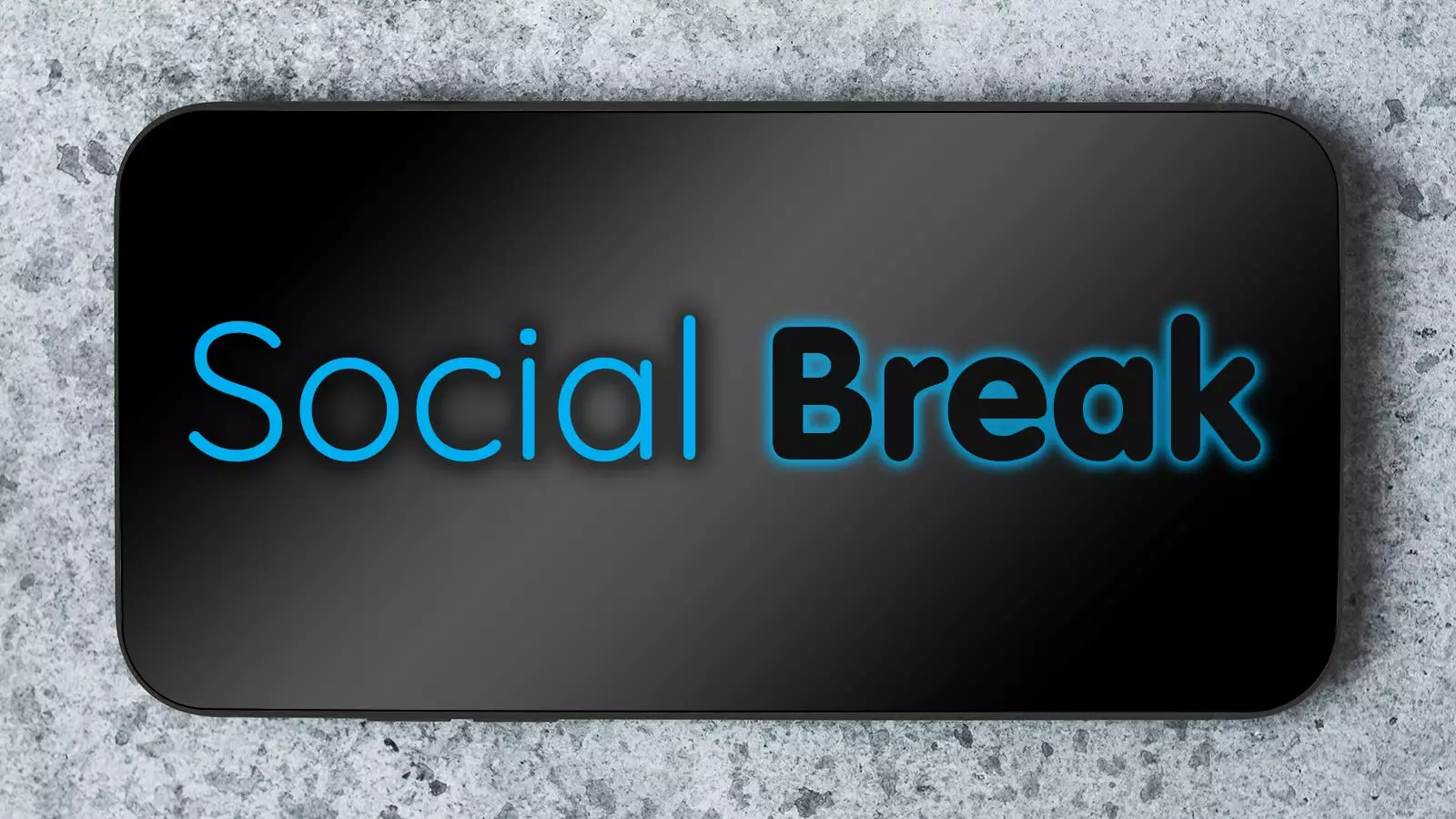Social media has become an integral part of our lives, and the medical community is no exception. It has provided healthcare professionals with a platform to connect, share knowledge, and raise awareness about various important issues. From TikTok to Instagram, doctors are using these platforms to engage with their audience and promote healthcare messages. Let’s delve into some recent social media highlights from the medical community.
Raising Awareness through Reels
In a collaborative Instagram reel, a group of urologists came together to raise awareness about their specialty. This creative approach not only captivated viewers but also shed light on an often-underrepresented field. Similarly, emergency physician Amy Ho, MD, used social media to question the quality of tissues in hospitals. With the ongoing pandemic and the prevalence of respiratory illnesses like COVID-19, RSV, and flu, this quirky inquiry struck a chord with many.
Social media has also provided a platform for healthcare professionals to address sensitive topics. Neurosurgeon Brian Hoeflinger, MD, used his personal anecdote to remind people about the dangers of drunk driving during the New Year’s holiday. This impactful message served as a sobering reminder of the importance of responsible behavior.
Furthermore, a thought-provoking discussion emerged when emergency physician @dr.jmack questioned why African-American patients often made phone calls during their exams. This sparked a conversation about racial bias in medicine, highlighting the need for healthcare professionals to be aware of and address systemic issues.
Warnings and Precautions
Social media has proven to be an effective tool for disseminating important warnings and precautions. Gastroenterologist @socalgastrodoc issued a warning about the consumption of raw or undercooked fish from endemic regions after a worm was found in a patient’s liver in China. This eye-opening post urged people to be cautious and make informed choices about their food consumption.
In another instance, emergency department doctor Josh Trebach, MD, warned followers about counterfeit Ozempic (semaglutide). By sharing this valuable information, he helped prevent potential harm to individuals who might have unknowingly purchased fake medication.
Personal Insights and Reflections
Social media has given healthcare professionals an opportunity to share personal insights and reflections. Psychologist Katherine Schafer, PhD, candidly spoke about the personal sacrifices she had to make as a mother. Her post resonated with many healthcare professionals who could relate to the challenges of balancing personal and professional responsibilities.
Critical care physician Kevin K. Chung, MD, emphasized the importance of exercising caution due to the presence of multiple respiratory illnesses in the intensive care unit. This insightful message served as a reminder for everyone to remain vigilant in the face of health risks.
Vaccine scientist Peter Hotez, MD, PhD, harnessed social media to emphasize the significance of immunization. He highlighted the finding that getting immunized against COVID-19 can decrease the risk of long COVID. By spreading this crucial message, he aimed to motivate individuals to prioritize getting vaccinated and safeguard their health.
Social media has emerged as a powerful tool for healthcare professionals to connect, educate, and disseminate information. Whether raising awareness, addressing important issues, sharing warnings, or reflecting on personal experiences, social media platforms have provided a unique avenue for doctors to have a meaningful impact beyond the confines of the clinic or hospital. Through their engaging posts, doctors are leveraging the reach and influence of social media to foster a healthier and more informed society.

Leave a Reply